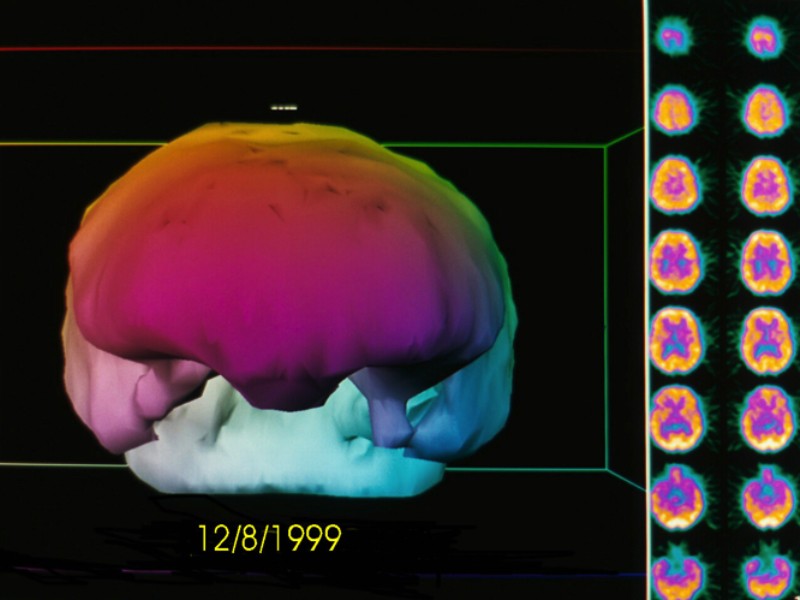Hopelessness
by Dan Greathouse
The stifling August heat of the solitary confinement was almost more than the mentally deranged man could bear. As he repetitively shuffled back and forth in the limited cell space, the guards could not quite understand his continuous mumbling. Occasionally, they would open the small observation window to see the haggard face of the bearded prisoner, and the guards’ laughter in the control room echoed down the corridor. Meanwhile the district attorney was certain that he had captured the murderer.
Later that afternoon, the handcuffed man was taken by the guards to the courtroom, where the commitment proceedings began. The paperwork was in order, assuring his new home at the state mental hospital. Everything seemed in order, until the man’s parents pulled the defense attorney aside and excitedly whispered some additional information to be considered by the judge. After court was adjourned, the man was escorted in handcuffs back to his cell.
The following morning, he was handcuffed again and taken across state in a prisoner transport, along with twenty other inmates. The first stop was at the state prison work farm, where the inmates were delivered. Another hour of travel time elapsed before he was brought to the psychiatric hospital, where he spent the next month attending group therapy, occupational therapy, individual counseling sessions, and where, sadly, after three years of recovery from drug and alcohol addition, he was administered mind-numbing prescription medication to relieve his anxiety, which he had been experiencing since the diving accident at Lake Powell. He questioned God about his hopeless situation. Once again, thoughts of suicide permeated his damaged brain.
On the final day of his stay at the hospital, the head psychiatrist spoke firmly with the patient’s mother, telling her that no matter how much money she spent or no matter where she took her son, he would never improve. In fact, he was a hopeless case. When the man was released from behind the locked doors of the unit to his mother’s custody, he told his mother, “They say I can teach. Do you think I can teach anymore?”
His mother emphatically replied, “There is absolutely no way that you can return to your teaching job in your condition, but we are going to take you to Dr. Harch in New Orleans. We think that the hyperbaric treatments may help you.”
The journey to New Orleans took another three days from New Mexico, and the man’s father and brother took turns driving. Once at the destination, the man was once again placed in another psychiatric hospital; however, this time included additional medical tests and brain imaging. Finally, after two very long weeks of medical tests and incarceration behind locked doors, the man was released to the care of Dr. Harch, who petitioned the insurance company to pay for the hyperbaric treatments for brain decompression sickness.
In addition to the two hyperbaric oxygen treatments each day, the man attended the Rehabilitation Institute of New Orleans. The man began to come back to life as his balance returned, along with all of the other symptoms slowly reversing themselves. God’s secret remedy, the oxygen, under pressure, slowly and steadily cured the mentally deranged man. No longer did he need the medications for anxiety, and no longer did he need to be kept behind institutional locked doors. No longer did the man mumble when he spoke.
To this day the guards at the detention center often wondered what that crazy man had been mumbling as he stumbled back and forth in that solitary confinement cell. Although they could not understand, God heard the man’s pleas for help. God miraculously delivered that man from hopelessness through the healing hands of Dr. Paul G. Harch from New Orleans, Louisiana.
This short story appears to be fictional, but is in fact true, as I am that recovered man who was healed through the genius of Dr. Paul G. Harch. The events in this story happened in 1991, and I have just completed 29 years of educational service for New Mexico and am now beginning my second career in Texas. My accomplishments are many, including the completion of a master’s degree in educational diagnosis and a master’s level certificate in acquired brain injury. I have served the past 14 years working for children in the public schools who have special needs, and I am beginning my second career in Texas doing the same. Dr. Harch’s pioneering research with hyperbaric oxygen therapy holds significant promise for neurorehabilitation and for countless individuals who suffer with acquired brain injuries.


